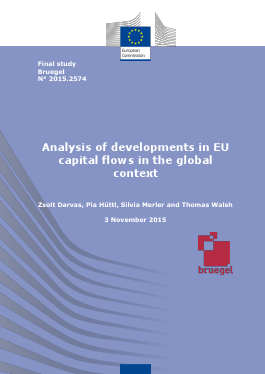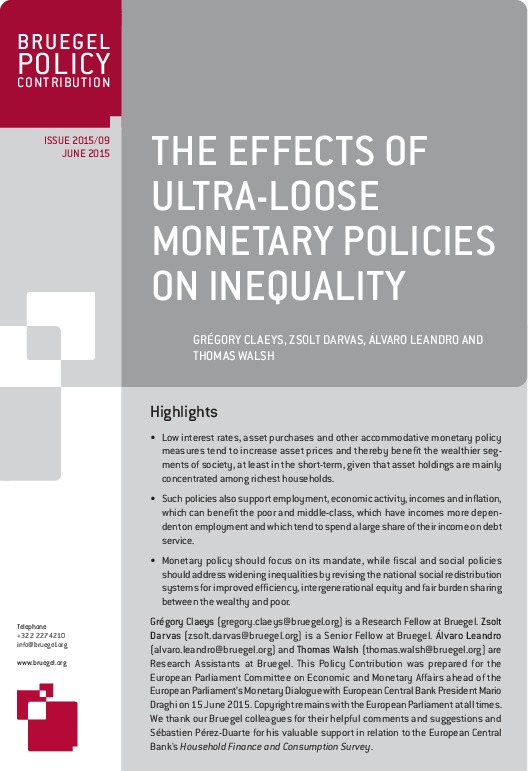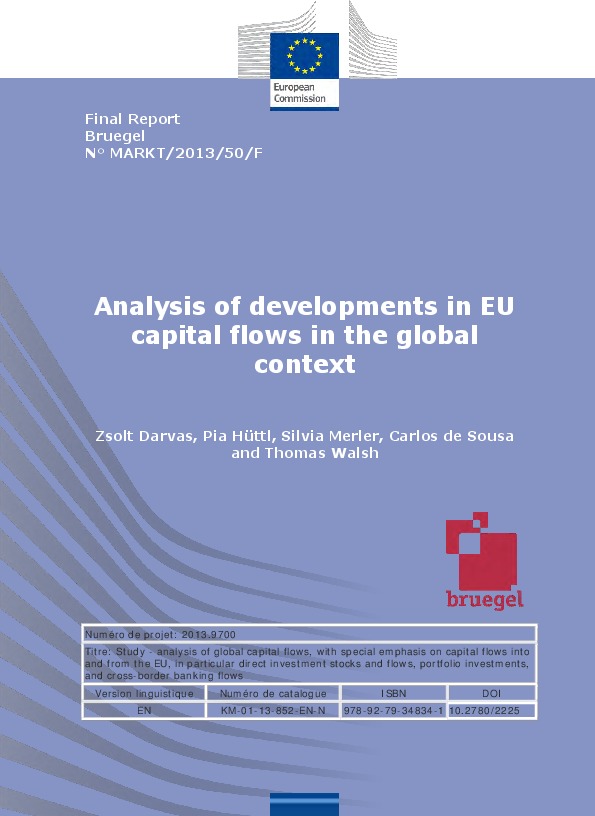External authors

Thomas Walsh
Former Research Assistant
Twitter: @7homaswal5h
Thomas Walsh, a British citizen, worked as a Research Assistant at Bruegel in the area of macroeconomics from August 2014 to August 2015.
He holds a Master’s degree in Economics from the Barcelona Graduate School of Economics with a thesis entitled “The Credit Channel of Monetary Policy at the Zero Lower Bound: A FAVAR Approach”.
He also holds a Bachelor’s degree in Economics and Econometrics from the University of Bristol.
Previously, Thomas worked at the European Central Bank as a Trainee in the Statistics Development and Coordination division, working primarily with the ECB’s SME access to finance survey, SAFE.
He has also held positions as Research Assistant at the Social and Public Health Sciences Unit, University of Glasgow and as Intern at the Centre for Market and Public Organisation, University of Bristol.
His research interests cover macroeconomics and finance, particularly monetary policy transmission and central bank decision making. Thomas speaks English, conversational Spanish, and basic German.







